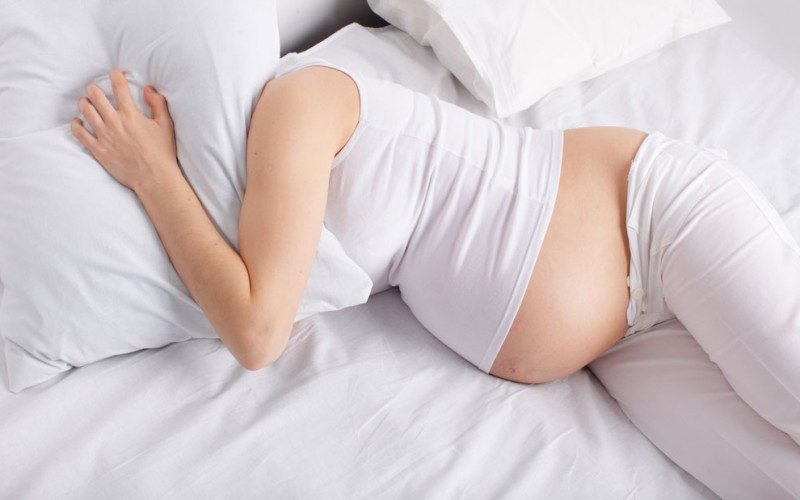Pregnancy is no doubt a wonderful time. However, it is not all about unicorns and rainbows when it comes to growing a whole human in your uterus. Of the many medical difficulties and side effects, Haemorrhoids are considered to be a common one. They are basically swollen blood vessels in the rectal area which are itchy and mildly uncomfortable. In some cases, they can be painful and can cause rectal bleeding as well.
Pregnancy and Haemorrhoids usually go hand in hand because of the surge in your hormones, your growing uterus and constipation cause it. Progesterone contributes to constipation and allows the walls of your veins to swell easily by relaxing them. So, when you strain while having a hard bowel movement, it causes Haemorrhoids. Your expanding uterus is also a major cause since it puts a lot of pressure on the pelvic veins and the inferior vena cava. The inferior vena cava is the vein that receives blood from your lower limbs. The pressure makes the return of blood to your lower body slower which in turn puts more pressure on the veins below your uterus.
Haemorrhoids are common during the third trimester and might also develop during the birth when you are pushing. While most women do get them during their pregnancy, sometimes they might become large and swollen due to the formation of a blood clot inside. This type is painful and makes walking, sitting and passing bowel movement quite difficult. While they do cause a lot of discomfort, they go away as soon as you give birth. There are a few tips and tricks that you can follow to prevent or treat Haemorrhoids during pregnancy.
Prevention
Yes, there are certainly ways to prevent the Haemorrhoids.
- Being regular with your bowel movements is definitely the best way to prevent Haemorrhoid formation during your pregnancy. The simplest way to ensure this is to increase your water and fiber intake to avoid constipation. Eat a lot of vegetables and exercise regularly. You can also take fiber supplements or stool softeners, under medical guidance, if required.
- Kegel exercises are another way to prevent Haemorrhoids. They improve the circulation to the area and also prepare your perineal floor for birth.
- Move around more frequently and avoid sitting for longer periods
- Try not to sit on the toilet for too long since it increases the pressure on the rectal area.
Treatment
Here are a few things that you can follow to treat Haemorrhoids.
- A warm bath with baking soda in the water
- Using an ice pack on the area also relieves the pain
- To reduce itching, apply baking soda to the area
- Ask your doctor if using OTC medication is safe.
If none of the home remedies work or in case you experience severe pain and rectal bleeding, consult your doctor. In some rare cases, medical interference would be required to shrink the Haemorrhoids. However, these procedures are safe and are nothing to worry about.














